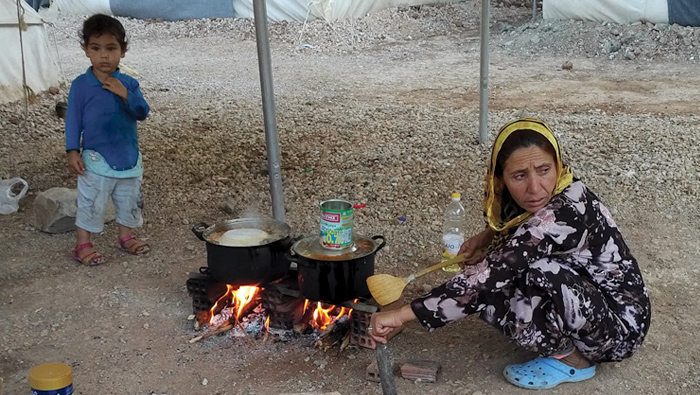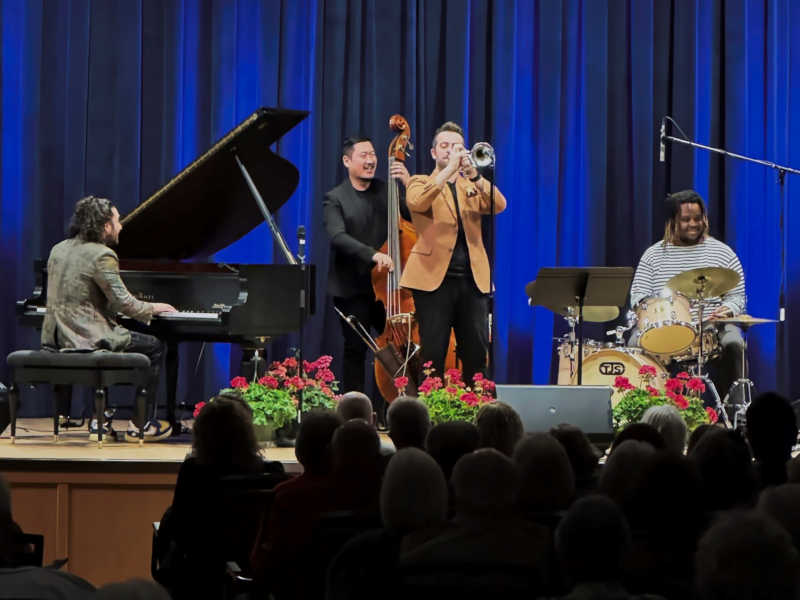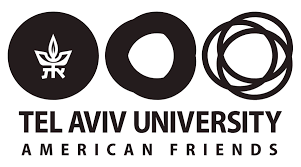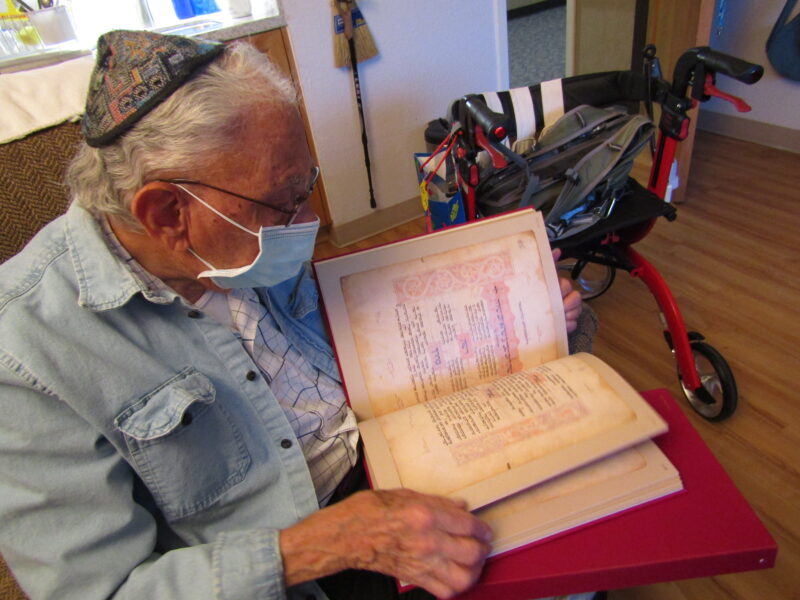As the daughter of a Jewish refugee, Roberta Elliott knows “the heart and soul of a stranger better than most.” Her father, Franz Engel, left Vienna at age 29 – five months after Hitler’s invasion in 1938. He went into hiding then spent two years in a French alien camp. He ended up working for HIAS: Hebrew Immigrant Aid Society for eight months in Lisbon in exchange for passage to the United States.
Franz disembarked in Newark, NJ on Dec. 7, 1941, the day Japan attacked Pearl Harbor. If resettlement in a new land wasn’t difficult enough, what a surprise it was to reach the United States the same time we entered World War II.
Since her father’s death in 1993, Roberta has physically retraced his steps through Europe. A writer who has also worked for Hadassah and HIAS, her lifelong quest has been striving to ensure a safe passage for refugees.
During retirement, that quest has intensified, inspired by her father’s history and Leviticus 19:33-34: “The strangers who sojourn with you shall be to you as the natives among you, and you shall love them as yourself; for you were strangers in the land of Egypt.”
“Fortunately, everything in my life is integrated,” says Roberta. “I’ve spent my life working in the Jewish community.” For the past dozen years, Roberta has been actively engaged in a very diverse Reconstructionist synagogue, Bnai Keshet, in Montclair, New Jersey; she and her husband live in Tucson part of the year.
“I just recently realized that my direction is strongly influenced by my rabbi. He’s a seeker of social justice, as am I. He’s turned me into not just a seeker, but a change agent for social justice,” she states.
In Tucson last spring Roberta delved into the Arizona/Mexico border with the Samaritans, a project started by a local Presbyterian church. Her first time before heading into the Sonoran Desert with two other retirees, “I attended training that carefully laid out the legal framework by which we are able to carry out our mission,” she explains. “We learned that we are able to provide humanitarian aid – food, water and medical assistance – but are forbidden to abet an illegal in reaching his or her American destination.”
Roberta also volunteered with Iskashitaa Refugee Network, a local nonprofit that intersects food justice with refugee assistance. In the early 2000s, Barbara Eiswerth, an environmental scientist and activist troubled by the thousands of citrus trees overloaded with unused fruit in private backyards, at public institutions and in empty lots, got the brilliant idea to put refugees to work to help other refugees. Instead of going to waste, hundreds of pounds of citrus were harvested and donated to refugees.
Roberta’s work didn’t stop in Tucson. Last June, she spent two weeks assisting refugees in Greece. “Although my time was interesting and worthwhile, the vast number of volunteers were 20-somethings,” she says, adding that “being in a refugee camp was a very sobering and upsetting experience for someone who grew up in the lap of luxury on the East Coast.”
Eight hundred families, including around 500 children, were housed in 150 tents at a refugee camp in Ritsona, Greece. It was around 100 degrees. “When was the last time since antiquity you heard of a successful Greek military campaign?” asks Roberta.“Yet the military ran the camp operation.”
There was no ventilation. Tent flaps couldn’t be left open because of swarming mosquitoes and poisonous snakes. Refugees slept on the ground. “No human beings should be warehoused in these camps. They were nightmares,” she affirms.
With no social support system in Greece, Roberta returned to her hotel at night exhausted. For a month after arriving home in New Jersey, she says, “I had mild PTSD.”
This summer, Roberta decided to get two friends to return to Greece with her for two weeks in July. All of the arrangements for their upcoming trip will be made on Facebook, through “amazing” grassroots organizations that have sprung up all over the place. At this point, she and her friends are researching opportunities for meaningful work in the Victoria Square area of Athens where most of the refugee squats (abandoned buildings) are.
“We are facing a modern-day Exodus of dramatic proportions,” notes Roberta. “There are 65 million displaced persons in the world; 12 million in Syria and 4 million refugees outside of Syria. In Greece at the moment, there are 47,000 refugees.”
Lamenting that she never knew the name of the Austrian family who helped her father hide his family’s possessions in Vienna, that she won’t ever be able to thank them, Roberta is adamant about doing her part – bearing witness – in the current crisis.
“My spiritual life and my private life are of a whole,” says Roberta. “We’re put on this Earth for a reason, and it’s to help those who need help.”
Sheila Wilensky is a writer, editor and educator living in Tucson.






